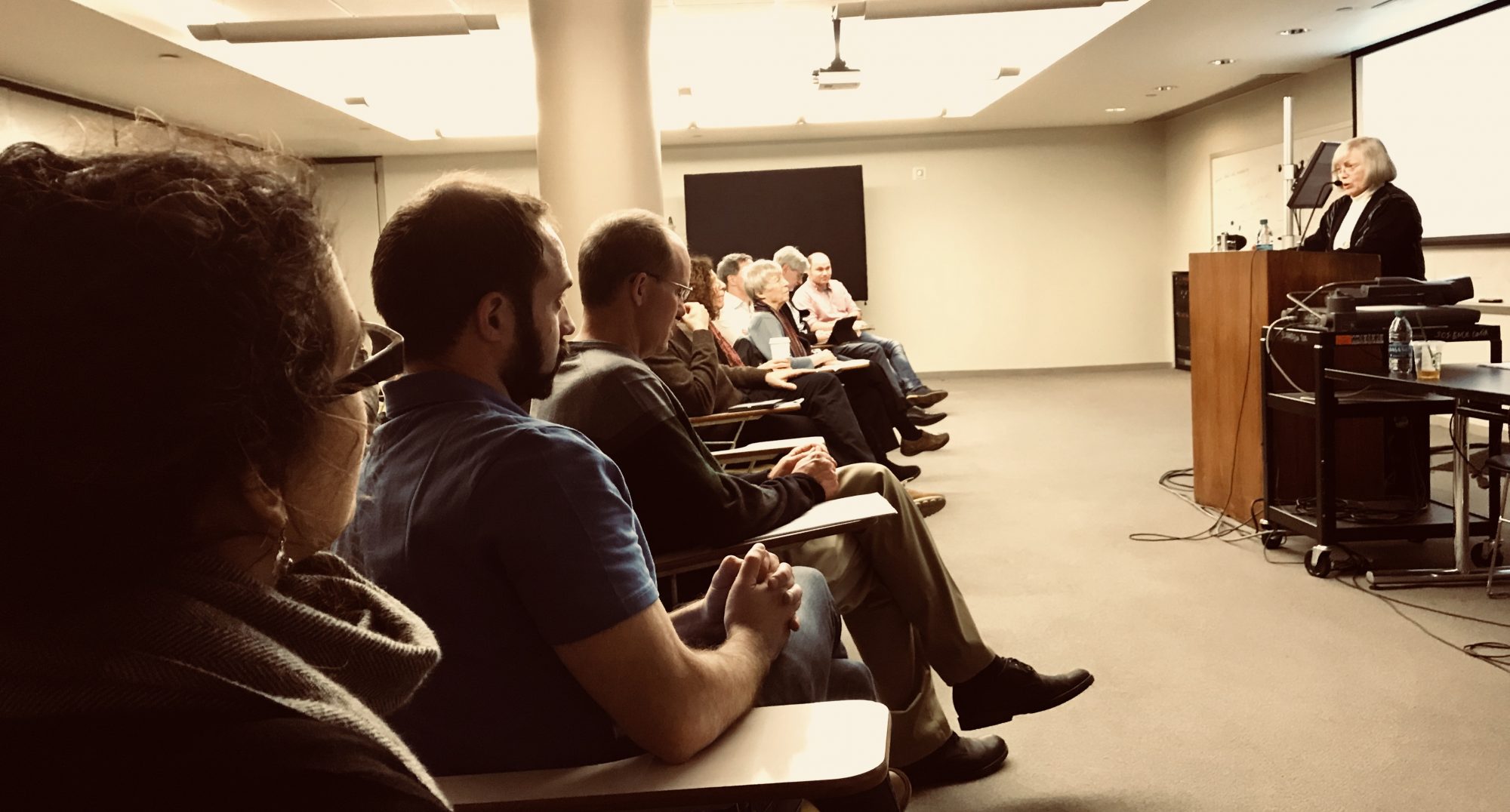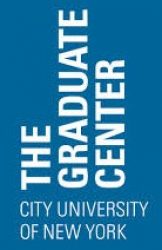(PhD U New Mexico, 1982; Curator, Anthropology, American Museum of Natural History) (whiteley@amnh.org)
Professional Affiliations
- American Anthropological Association
- Royal Anthropological Institute
- Sigma Xi
Editorial Appointments
- Editorial Board Member, American Anthropologist
Dr. Whiteley has four principal research areas, all pertaining to cultures, social structures, social histories, and environmental relations in native North America, as follows:
- Hopi society, culture, and polity in northern Arizona, based on ethnographic fieldwork and archival research over the last two decades. Current projects include (a) structural transformation in demography, economy, and society at the third mesa town of Orayvi, 1880-1910, to provide a comprehensive explanation of population, social-structural characteristics, and historical events in the critical years before and after the Orayvi split of 1906; and (b) the significance of early gift exchange in Hopi relations with the United States for the explanation of Hopi polity (pertaining to exchange theory in anthropology).
- Cayuga and other Six Nations Iroquois social and political history, in northeastern North America and the trans-Mississippi west, based on continuing ethnographic fieldwork and archival research begun in 1999. The current project concerns the transformation of Cayuga society and polity, 1750-1930, especially focusing on Cayuga involvement in the war for independence and its aftermath, associated fissions in the Cayuga social system, and persistence and change in Cayuga identity throughout these processes.
- Hupa society and culture in northwestern California, based on ethnographic fieldwork and archival research beginning in 1993. The current project concerns an inquiry into the structural integration of Hupa polity, especially vis-à-vis existing interpretations in political anthropology of tribal and non-tribal polities.
- Eastern and western Pueblo intercultural relations and sociopolitical transformations during and after the Pueblo revolt of 1680, informed by ongoing ethnohistoric research among the Pueblos, and archival research. Current and recent projects: (a) the destruction of Awat’ovi, a Hopi town, in 1700, as part of a Hopi revitalization movement; (b) the question of cannibalism at Awat’ovi posed by other anthropologists; and (c) the invention of Pueblo Indian ethnicity at the conjuncture with Anglo-American society.
Recent significant publications
- In press: “Bartering Pahos with the President,” Ethnohistory.
- In press: “Social Formations in the Pueblo IV Southwest: An Ethnological View,” forthcoming in Cluster Analysis: The History and Organization of Pueblo IV Period (A.D. 1275-1540) Settlement Clusters in the American Southwest, E. Charles Adams and Andrew I. Duff, eds. University of Arizona Press.
- In press: “Explanation vs. Sensation: The discourse of Cannibalism at Awat’ovi,” in the forthcoming volume on social violence in the Prehispanic Southwest, edited by Deborah L. Nichols and Patricia Crown.
- 2002 “Archaeology and Oral Tradition: The Scientific Importance of Dialogue,”American Antiquity 67(3):405-415.
- 2002 “Re-imagining Awat’ovi.” In Archaeologies of the Pueblo Revolt: Identity, Meaning, and Renewal in the Pueblo World, Robert Preucel, ed, pp. 247-165. University of New Mexico Press. Albuquerque.
- 2001 “Hopi Histories.” In Katsina: Commodified and Appropriated Images of Hopi Supernaturals, Zena Pearlstone, ed, pp. 22-33. Fowler Museum of Cultural History, University of California. Los Angeles.
- 1999 “Alfonso Ortiz, 1939-1997,” American Anthropologist 101(2):392-395.
- 1998 Rethinking Hopi Ethnograpy. Smithsonian Institution Press. Washington DC. [Winner, 1999 Southwest Book Award, Border Regional Libraries Association].



